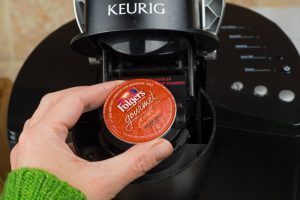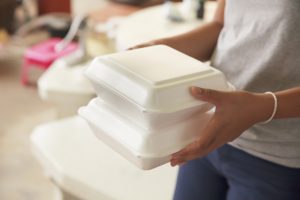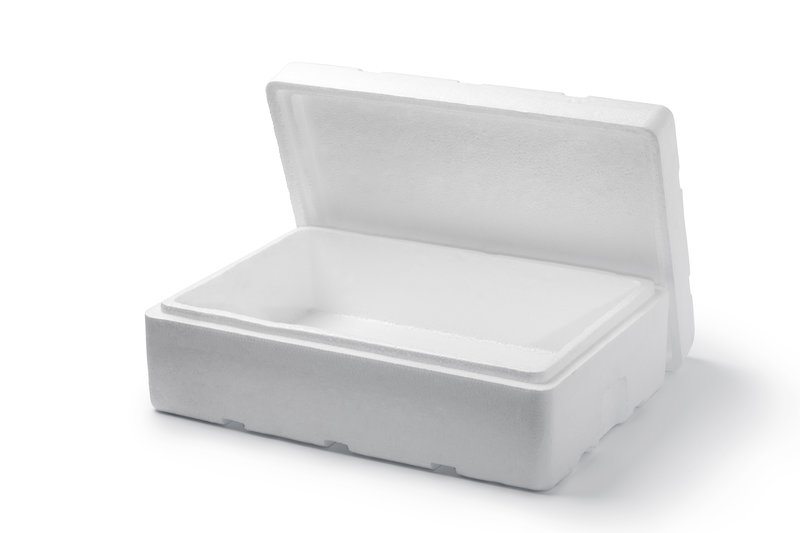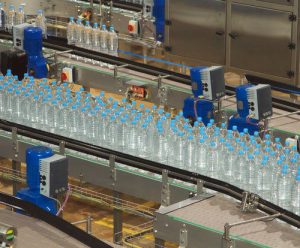 A leading producer of individual coffee cups says it will change how the product is made in order to aid recycling.
A leading producer of individual coffee cups says it will change how the product is made in order to aid recycling.

 A leading producer of individual coffee cups says it will change how the product is made in order to aid recycling.
A leading producer of individual coffee cups says it will change how the product is made in order to aid recycling.
 In the latest chapter of its ongoing expanded polystyrene saga, New York City will again ban foam food-service packaging. City officials have determined it “cannot be recycled in a manner that is economically feasible or environmentally effective.”
In the latest chapter of its ongoing expanded polystyrene saga, New York City will again ban foam food-service packaging. City officials have determined it “cannot be recycled in a manner that is economically feasible or environmentally effective.”
 A Chicago man who who provided a free polystyrene collection service has been forced to end operations.
A Chicago man who who provided a free polystyrene collection service has been forced to end operations.
 In one section of Georgia, it’s getting easier to recycle a variety of polystyrene products.
In one section of Georgia, it’s getting easier to recycle a variety of polystyrene products.
 Oregon’s plastics recycling business goes global, and the pioneering work of a recycled plastics lumber researcher is chronicled.
Oregon’s plastics recycling business goes global, and the pioneering work of a recycled plastics lumber researcher is chronicled.
 A study has backed up a frequent message among plastics recycling companies: Successful recyclability starts in the product design phase.
A study has backed up a frequent message among plastics recycling companies: Successful recyclability starts in the product design phase.
 A documentary film investigating the ocean plastics problem heads to theaters, and a new technology from France scans packaging barcodes to tell consumers the details on recyclability.
A documentary film investigating the ocean plastics problem heads to theaters, and a new technology from France scans packaging barcodes to tell consumers the details on recyclability.
 With ample plastics to be found in automotive shredder residue and regulatory hurdles cleared, it may seem that auto plastics recovery should be set to shift into high-gear. Turns out the sector is still sitting in park.
With ample plastics to be found in automotive shredder residue and regulatory hurdles cleared, it may seem that auto plastics recovery should be set to shift into high-gear. Turns out the sector is still sitting in park.
 A revised guide released by the Association of Plastic Recyclers represents the industry’s latest attempt to educate packaging designers on the realities of recyclability.
A revised guide released by the Association of Plastic Recyclers represents the industry’s latest attempt to educate packaging designers on the realities of recyclability.
 Plastic cans with metal lids might provide consumers with a better look at what’s inside, but that doesn’t mean the plastic recycling industry is happy about the innovation.
Plastic cans with metal lids might provide consumers with a better look at what’s inside, but that doesn’t mean the plastic recycling industry is happy about the innovation.
